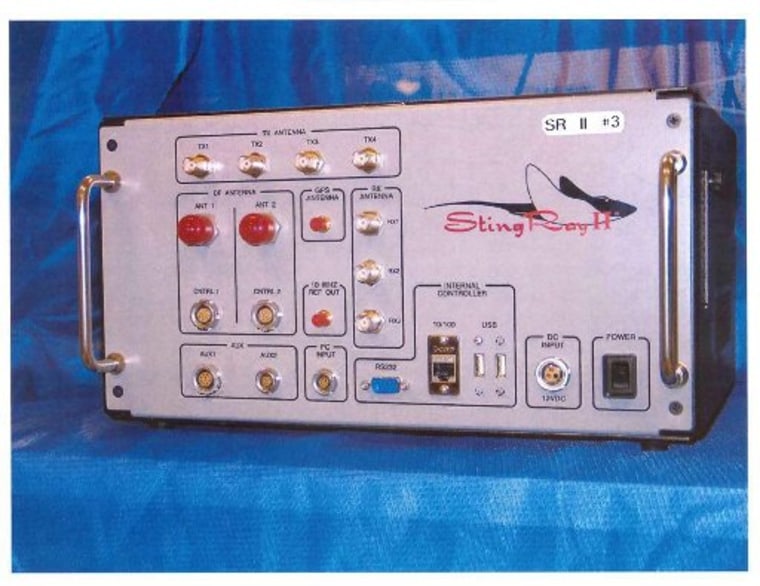WASHINGTON -- A new policy allows the Secret Service to use intrusive cellphone-tracking technology without a warrant if there's believed to be a nonspecific threat to the president or another protected person.
Homeland Security Assistant Secretary Seth M. Stodder described to a House subcommittee Wednesday the department's policy on the use of cell-site simulators.
Civil libertarians and privacy advocates have long expressed concern about the suitcase-size devices, known as Stingrays, which mimic cell-towers to scoop up electronic data that can be used to locate nearby phones and identify their owners. The devices don't listen in to phone calls or capture text messages, Stodder said.

The policy the department unveiled this week is similar to the one announced in September by the Justice Department, which includes the FBI. Federal law enforcement officers are required to get a warrant signed by a judge before using Stingrays, except under emergency "exigent circumstances" meeting the constitutional standard for probable cause under the Fourth Amendment, but when there is no time to get a warrant.
Stodder cited the example of kidnappings, such as a recent case where Immigration and Customs Enforcement officers used a Stingray to help locate and rescue a 6-year-old girl being held hostage by human smugglers in Arizona.
But Stodder said another allowed exception under the policy would let the Secret Service use Stingrays in "exceptional circumstances" without meeting the legal threshold for probable cause. In such cases, using the devices would require direct approval from "executive-level personnel" at Secret Service headquarters and the U.S. attorney for the relevant jurisdiction.
Related: California Police Now Need a Warrant Before Searching Your Cellphone
Asked whether that essentially granted a blanket exception for the Secret Service, Stodder said that the exemption would not be used in routine criminal probes, such as a counterfeiting investigation. "The key exception that we envision is the Secret Service's protective mission," Stodder said. "In certain circumstances where you could have an immediate threat to the president and you have cryptic information, our conclusion in drawing the line between security and privacy here is to err on the side of protection."
Rep. Ted Lieu, D-Calif., said Wednesday the newly announced guidelines are a good first step, but added that the policy still lacks transparency and provides overly broad permission for Stingrays to be used without warrants. The new federal policies also don't apply to state and local law enforcement agencies that have purchased Stingrays, sometimes through the use of federal grants.